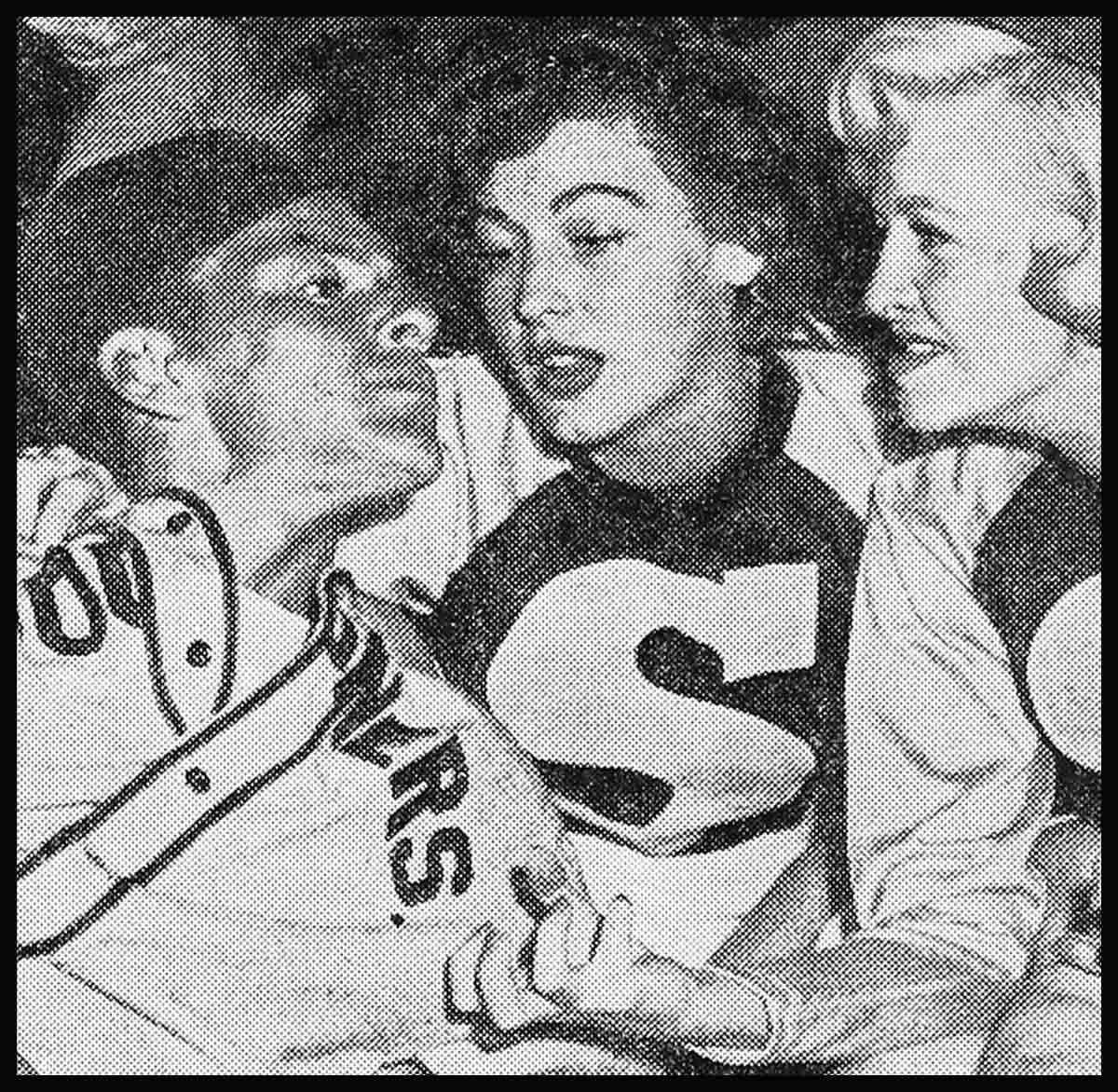
I Call It Scandalous!
In Hollywood, recently, if you mentioned Ava Gardner and Frankie Sinatra in the same romantic breath you were made to feel as if you, not Ava and Frankie, had acted in bad taste.
The film colony is as defensive as it should be about the headlines that have been splashed across the press of the world during the last twelve months . . . Robert Mitchum . . . Margaret O’Brien . . . Rita Hayworth . . . Shirley Temple . . . Ingrid Bergman . . . Gardner and Sinatra . . .
And they should be defensive. The studios train the young men and women they sign to contracts for their work in the studios. But that is all. They give them no training whatsoever for the social responsibility, the temptations and the spotlighted existence they inevitably must know. Which leads me to marvel that more stars don’t come croppers. Which leads me to wonder how well I would have conducted myself if, at Ava Gardner’s age, say, I had looked
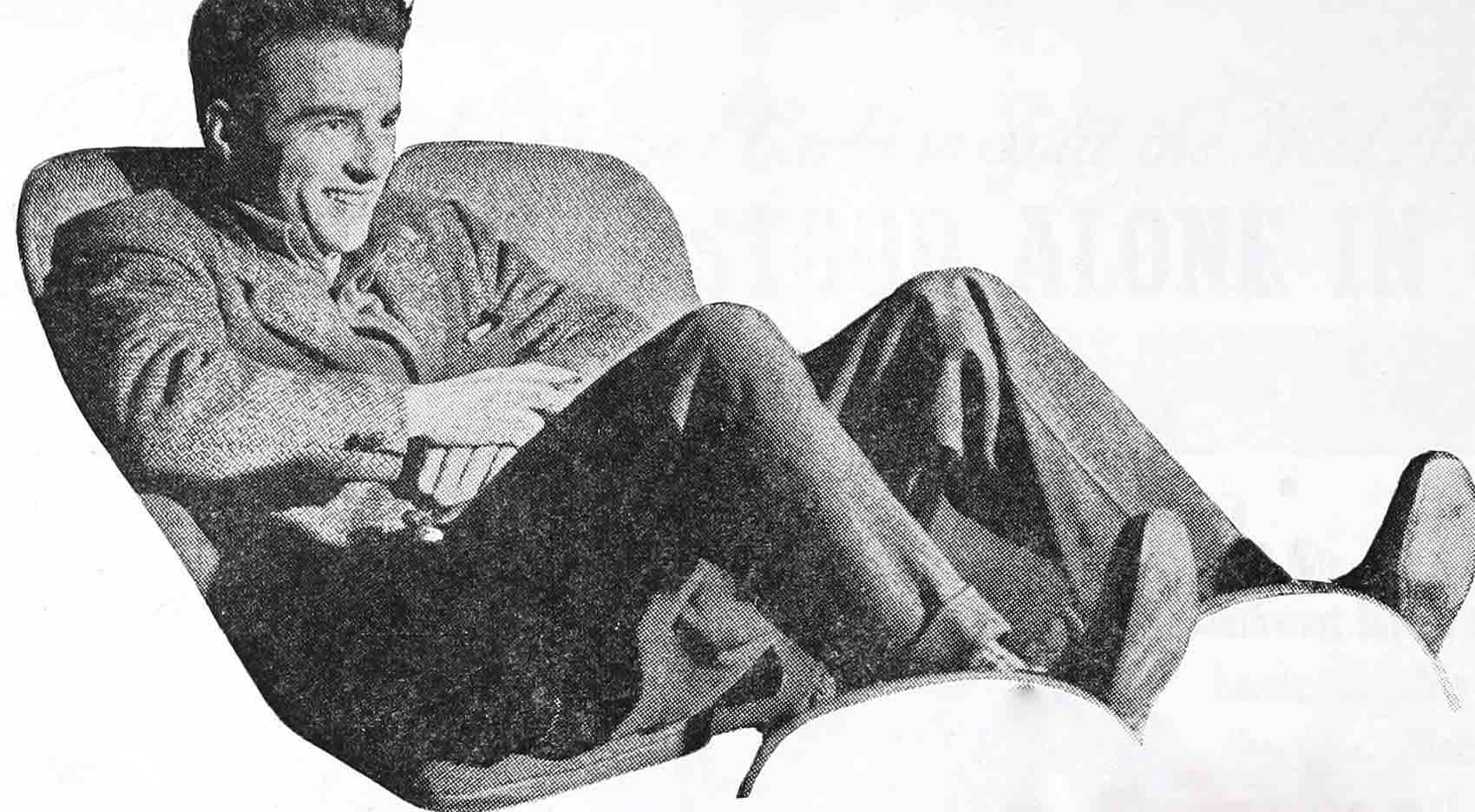
like Ava, come suddenly into such an income as she knows and found myself a subject of admiration and adulation wherever I traveled.
Ava, twenty-seven years old, has been divorced twice; from Mickey Rooney in 1943 and from Artie Shaw in 1946. Since she made her first movie, “We Were Dancing,” in 1942, she appears to have been on an emotional merry-go-round, most recently, before Frankie, with Howard Duff.
I do not think this points that Ava is a “wild” girl. Confused, perhaps, overly self-indulgent, even a little feverish; but not “wild.” Had she stayed on the North Carolina tobacco farm on which she grew up, I am convinced she would have married a nice average boy and lived as happily as most people do; been like her sisters, who are nice, folksy women.
The same is true of Frank Sinatra. This isn’t Frankie’s first fling. Nor is this the first time that Nancy, patient as she is, has left him when one of his infatuations exceeded even her ability to endure.
Frankie, frankly, has acted pretty silly for the past several years. There’s a far hail between the poor and crowded streets of Hoboken and the pattern of Frankie’s life today, the income and fame he derives from movies, recordings and radio, the opulence of his homes, the subtle flattery of his sycophantic coterie.
It is—I insist—unfair to cast young men and women out on the golden tide of fame without first preparing them for all that is involved.
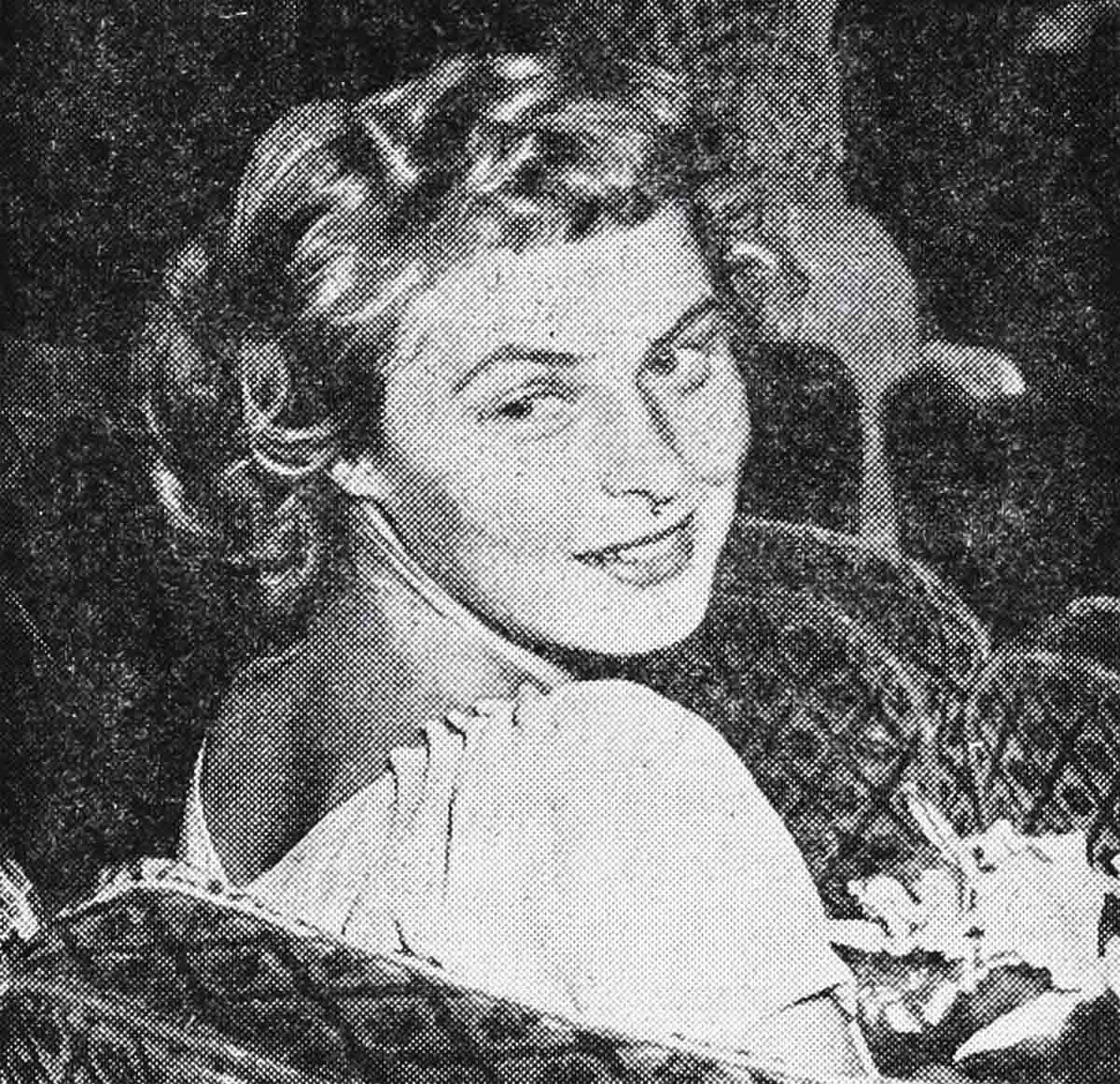
When a young man in business shows promise his firm trains him, carefully, for the position they hope he will occupy. His importance and his income are increased over a period of years. And, gradually, he is indoctrinated in the political and social aspects of his future estate.
It is the same with royal families. Princes and princesses are educated all through their youth not only in matters of state but in the etiquette and deportment their public life will require them to know. Above all they are impressed with the responsibilities of their position.
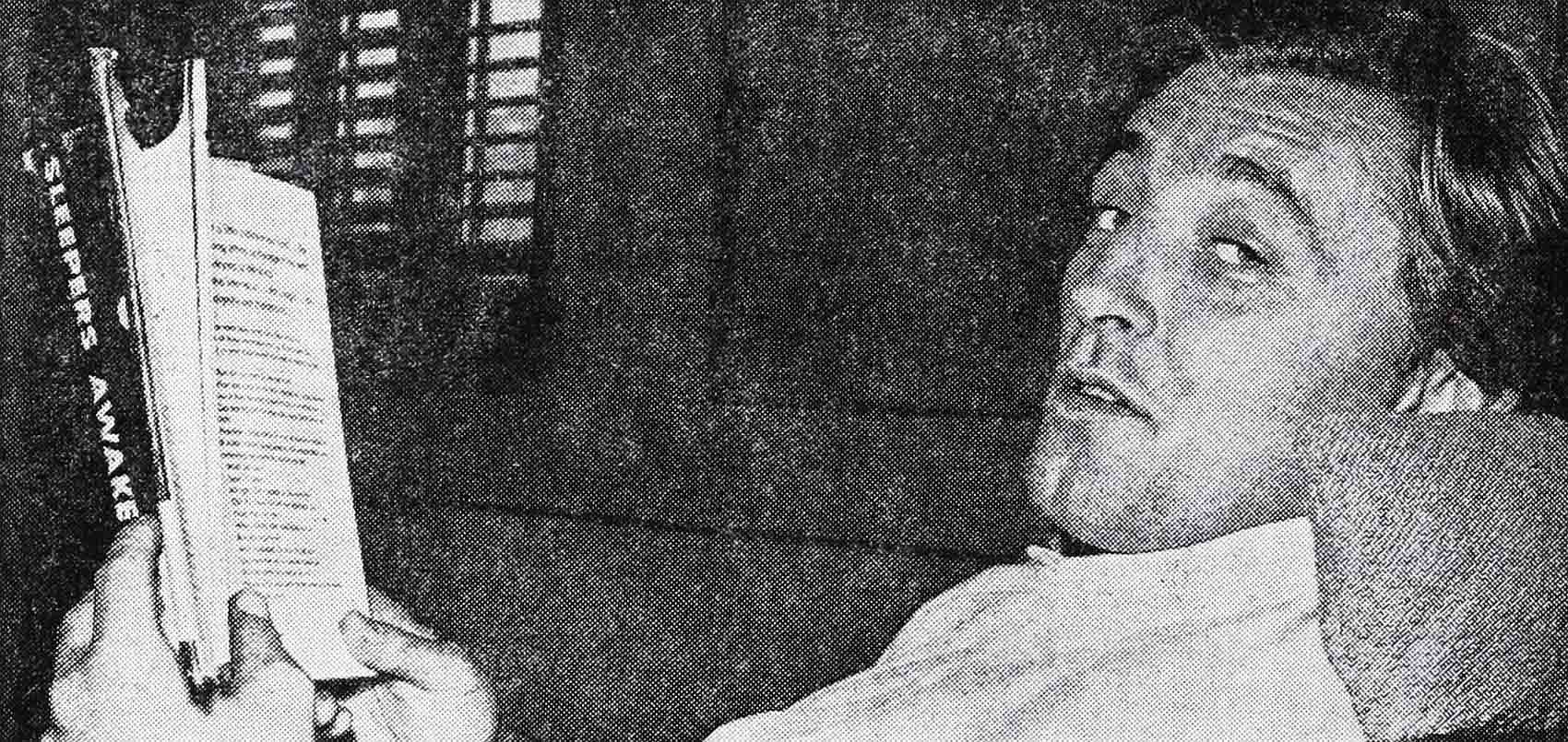
Had Ingrid Bergman been trained in the extracurricular requirements of a star, had she been given a proper sense of her responsibility towards the public, she never would have perpetrated this recent scandal. I do not say she would not have fallen in love with Roberto Rossellini and sought divorce. For I have long thought it inevitable that something like this would happen. However, Ingrid’s grand passion would have been handled with such discretion as has, for ages, attended the amours of presidents and kings. It would have been better this way. Thousands of impressionable young women who were her admirers would not have been shocked or influenced by her conduct. Her twelve-year-old daughter, Pia, would not have suffered as she must have suffered. And I doubt there would have been any infant son to be branded illegitimate throughout the world. Also, gentlemen like Senator Edwin C. Johnson of Colorado, unable apparently to keep himself in his constituents’ minds because of anything he has accomplished during his tenure in the Senate, would not have been able to use Hollywood for his band-wagon.
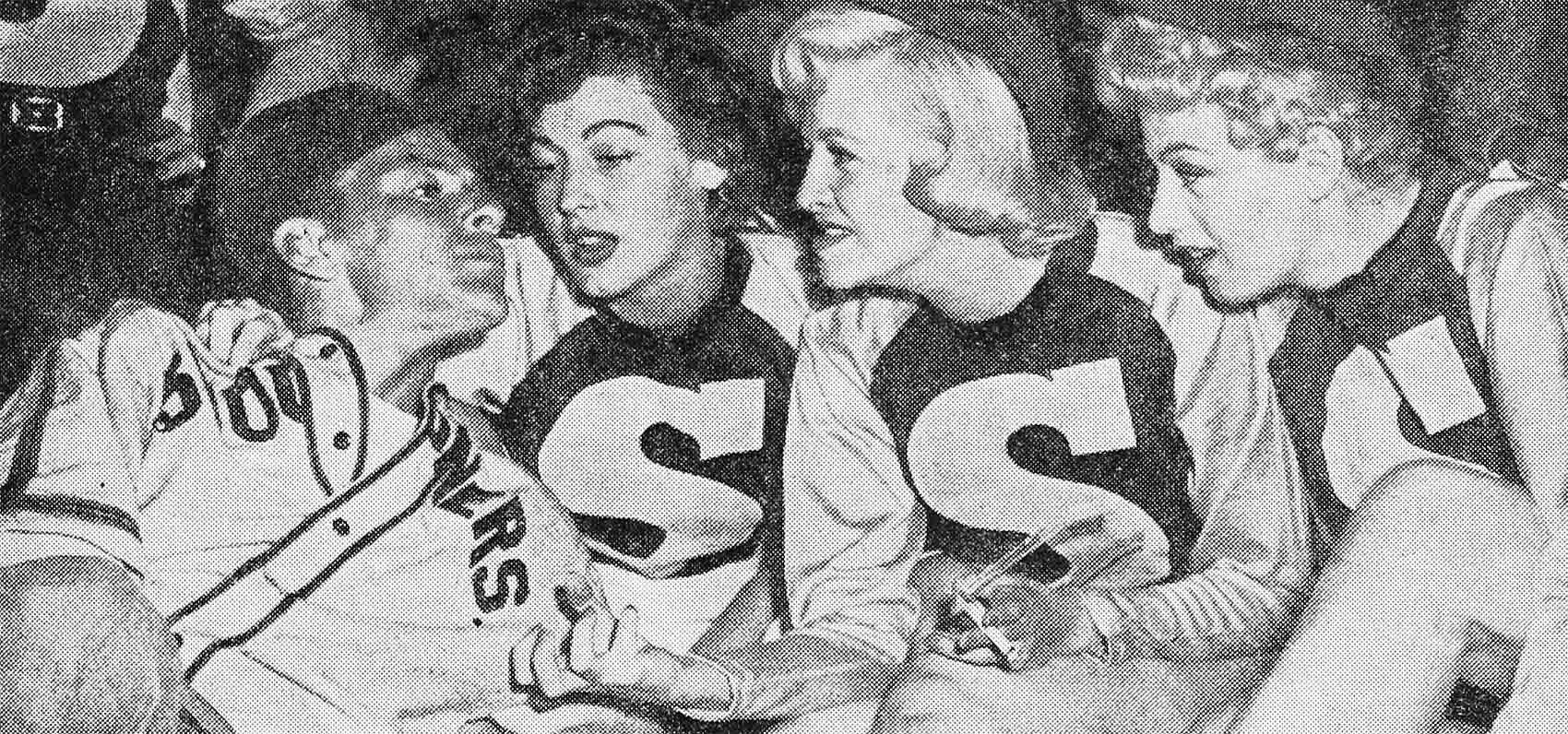
It was Senator Johnson who branded Ingrid Bergman as the “common mistress” of a “swine inspired by the devil,” and grouped Rita Hayworth with her as one of “Hollywood’s two current apostles of degradation.”
Not content with this oratory, Senator Johnson went on to suggest that the Commerce Committee of which he is chairman put into effect a licensing system to “insure wholesome pictures and eliminate persons of low character from making and appearing in films.”
It might be a good idea if senators, too, were trained in their responsibilities—so that every man and woman in our houses of government would realize that in this country, unlike Soviet Russia, we value, above all, the freedom of the individual and deplore any suggestion that any appointed committee, outside of our courts, pass upon any individual’s right to act or sing or in any other way earn a living.
But to leave the dear senator to think up some other way of publicizing himself, as he no doubt will, and return to the subject at hand:
In the Bergman case, which I think we all agree was unpardonable, the attitude of her husband Doctor Peter Lindstrom certainly did not make things any easier for anyone concerned. He, at once, prolonged the divorce proceedings and increased their news value.
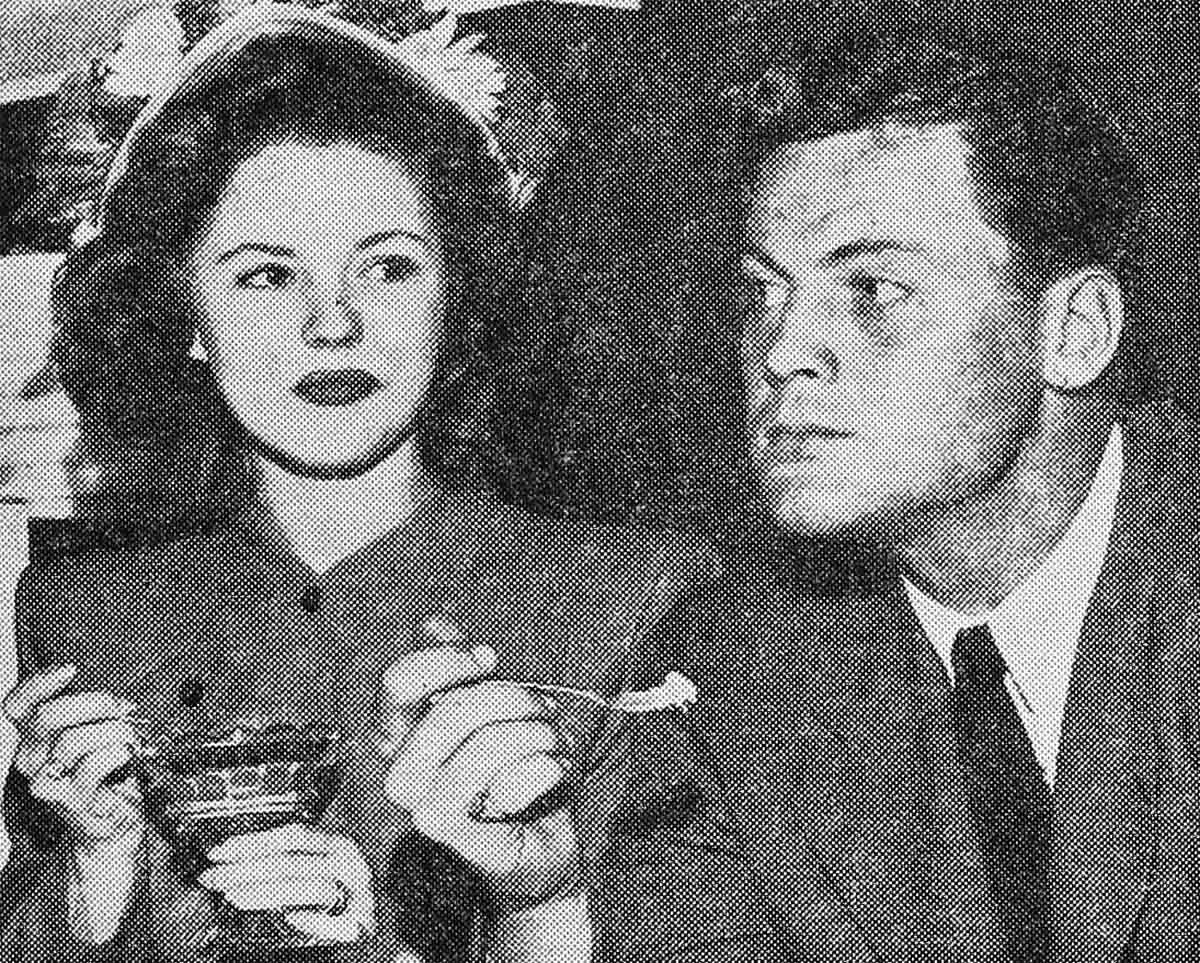
Add to this the fact that Ingrid, accustomed to being First Lady of Hollywood, had had three unsuccessful films in a row, “Arch of Triumph,” “Joan of Are” and “Under Capricorn.” She had begun to feel, somehow, that Hollywood was wrong for her. (It never seems to occur to any one of us that maybe it is we, ourselves, who are at fault.) For Ingrid, I think, life had lost its enchantment. Secretly, too, I understand she very much admired Anna Magnani. It was human enough, then—even if not commendable—that she should have thought regarding Roberto Rossellini, who had directed Magnani, “If I could get a man like that interested in me . . .”
Little did she dream! Little did any of us dream what would happen.
It was Robert Mitchum who got this present era of bad public relations, the worst Hollywood has had in years, off to a sensational start when he was apprehended smoking marijuana. To smoke marijuana is stupid. But if Bob Mitchum had some uncontrollable compulsion to smoke it, and I don’t believe he did, he did not have to smoke it where he did or the way he did, and he never would have if he had been conditioned by his studio to his responsibilities as a star.
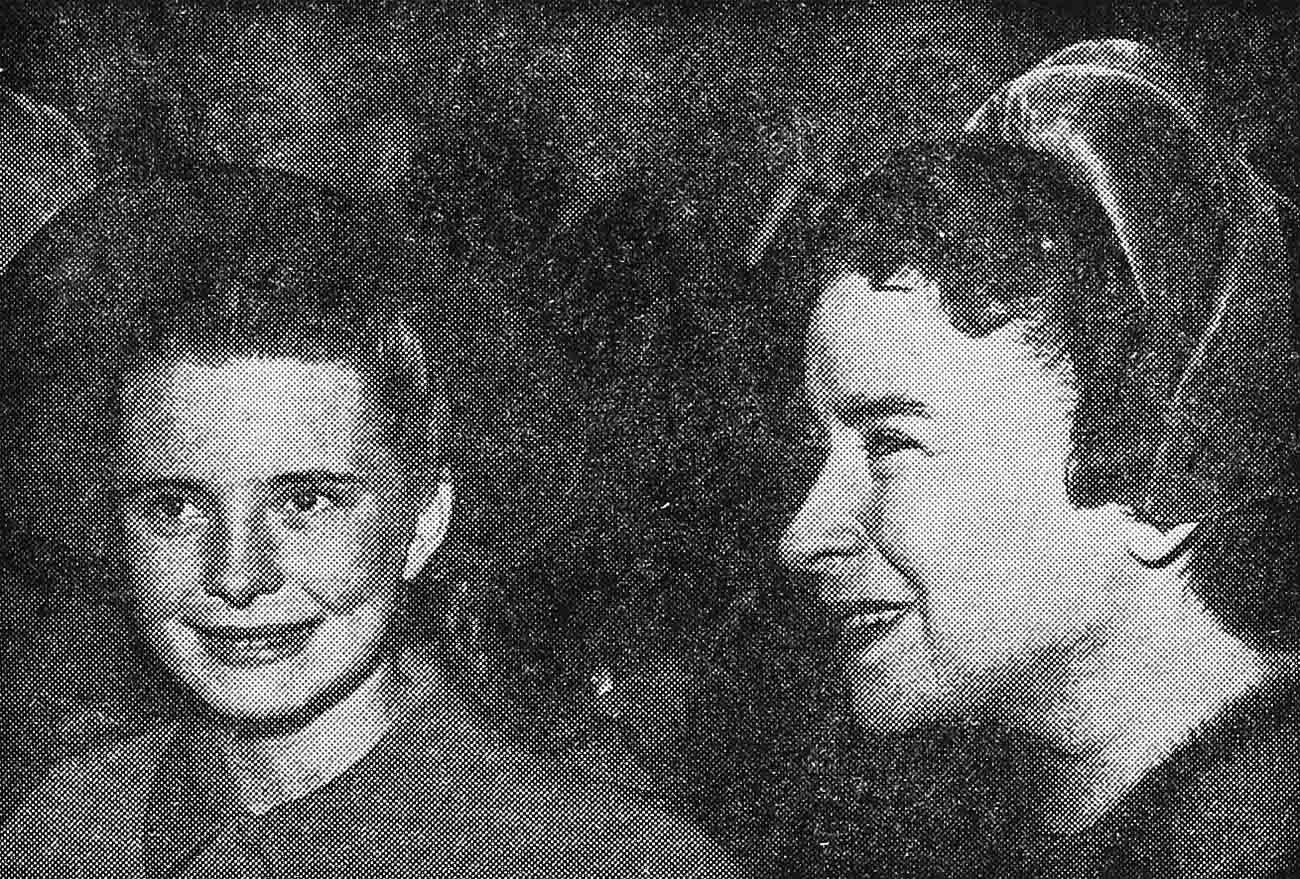
Judy Garland’s publicity has been most unhappy. Judy has been under contract to M-G-M since she was twelve or thirteen years old. What a pity there were no classes in public relations for her to attend, no one to convince her that late hours and sleeping pills and the general pattern of life she observed can only lead to such unhappiness and nerves and ill-health as she suffers today.
During the months when Rita Hayworth and Aly Khan traveled in Mexico, New York, Paris and London, before they finally married, the headlines were not good. Had Rita and Aly conducted their romance in Hollywood with the trained personnel of her studio to control the reporters and photographers, everything (including Aly and Rita), would have been kept under proper control. Rita on her own, unaware that she was not equal to the demands of her fame, was lost.
There were headlines, too, when Margaret O’Brien had at least a mild case of hysterics at her mother’s wedding to Don Sylvio. It surprised no one when Gladys O’Brien, soon thereafter, asked that her marriage be set aside. Maybe Margaret was not responsible for the breakup of this marriage, maybe she was. In any event it has done her no good. Which is a pity because Margaret dearly loves her success. Had she and her mother been taught that the spotlight in which they live can distort the simplest act, had they been disciplined in self-restraint, it would have been another and happier story.
Take the recent divorce of Shirley Temple and John Agar. The breakup of this young marriage was shocking enough. But the testimony Shirley offered, for public consumption, when she appeared in court was sordid enough to be unforgivable. I have no doubt this testimony served her well insofar as the gaining of her ends was concerned. But had the studios tutored Shirley in star etiquette and deportment and public relations, she never in this wide world would have offered any such evidence as she gave. She would have insisted upon suing in some other state where she could have maintained a proper, dignified silence.
There’s Montgomery Clift, flying all over the earth with his elbow sticking out of his tweed sleeve and his slacks needing pressing. This, I suspect, is part of Monty’s pose as an unconventional young man who cares not a hoot for material things. However, a young star who is watched, presumably admiringly, by hundreds of thousands has certain responsibilities. I find non-conformists are more often cheats than brave standard bearers. For it was, after all, in self-defense so we might live together pleasantly, that we established our conventions.
Monty Clift I like. He is an intelligent young man. He would be an apt pupil should the Association of Motion Picture Producers see fit to teach him his responsibilities as a public figure.
Many young stars are coming along . . . Farley Granger, Joan Evans, Vera-Ellen, Tony Curtis, John Derek, Pat Neal, to name a few. A great group of the younger generation is knocking at the doors of those who are now stars, saying, in effect, move over, make room, here we come. . . .
This new group should have more than voice lessons and harangues on how to look their best and be seen in the best places with the best people. Like rising young business tycoons or princes and princesses they should be prepared for the responsibilities of the stardom for which they are headed.
High time, I say, that Hollywood producers quit being defensive about the scandals that now are yesterday’s news and educate their young players in diplomacy, etiquette, public relations and social responsibilities. So the stardom that lies ahead for them may long endure.
THE END
—BY ELSA MAXWELL
It is a quote. PHOTOPLAY MAGAZINE JUNE 1950





No Comments